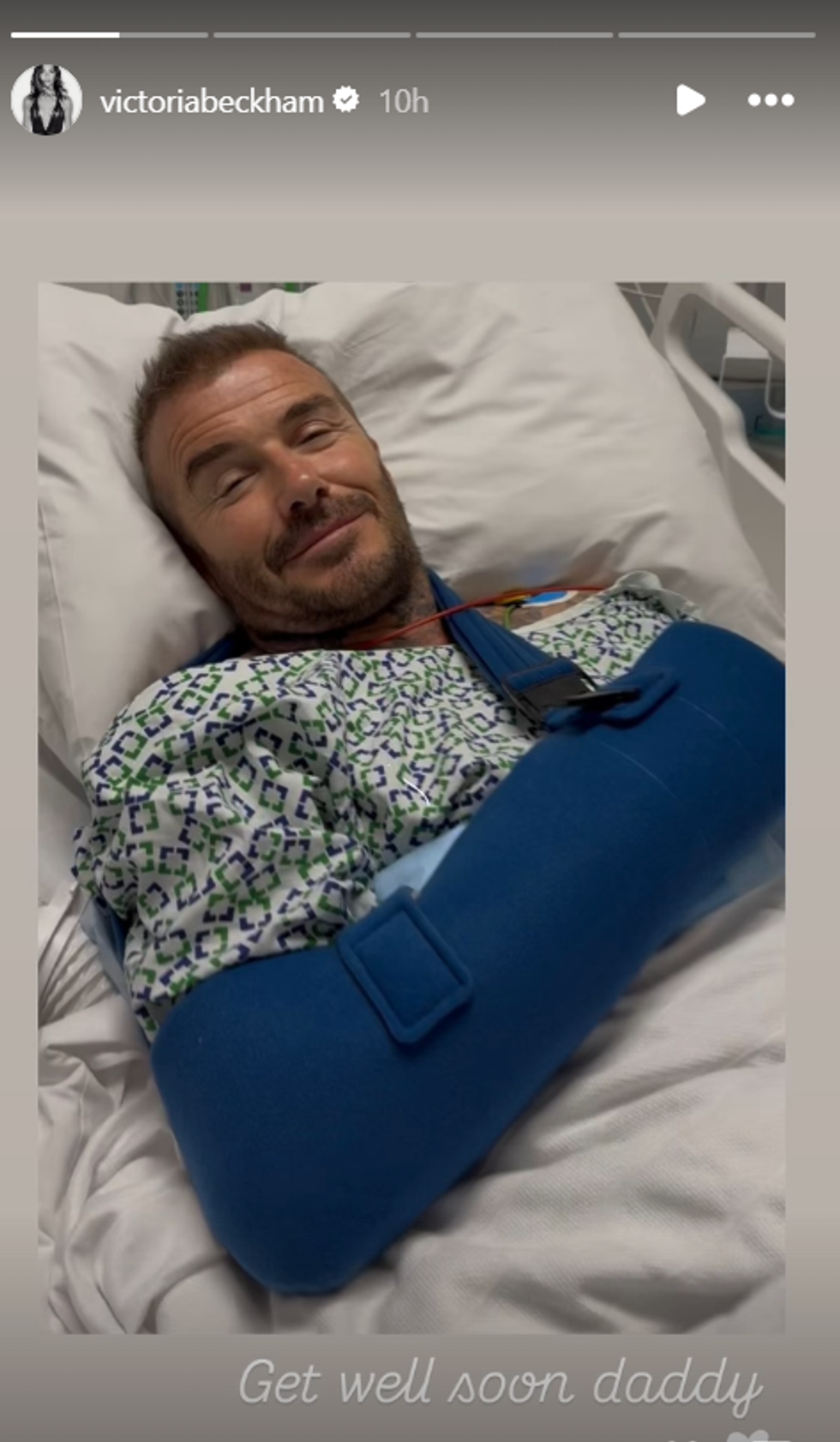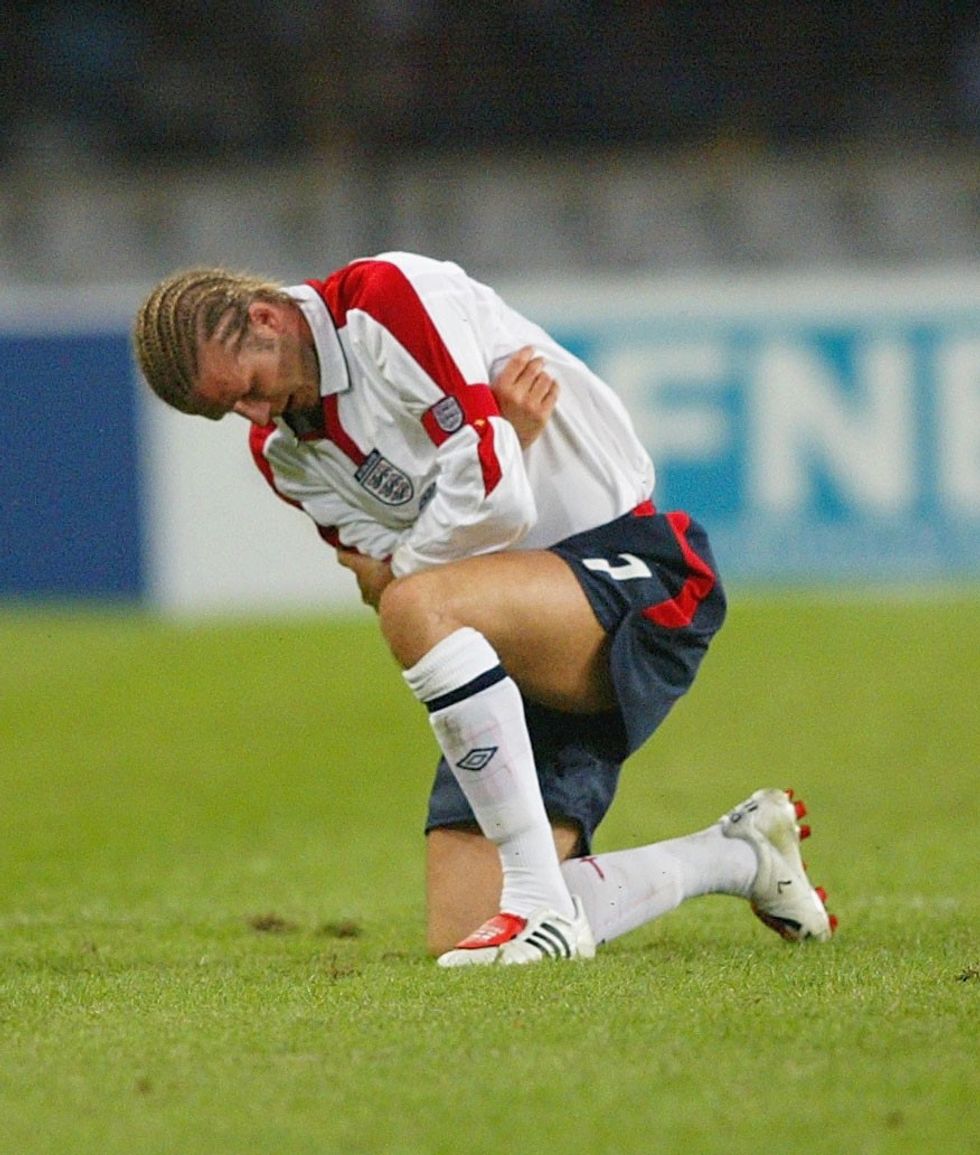Britain has “gone backwards” and become more intolerant towards ethnic minorities and diversity, according to Labour leadership candidate Owen Smith.
The former shadow work and pensions minister, who is hoping to defeat Jeremy Corbyn and become the new leader of the Labour party, told Eastern Eye it was “really worrying” there had been a rise in hate crimes directed towards minority communities in the UK following the EU referendum.
“One of the areas where it feels to me we have gone backwards in recent years is in respect of tolerance and celebration of diversity in Britain. It definitely improved in the 1990s and 2000s under Labour.
“The racist campaign Zac Goldsmith ran against Sadiq Khan in London was dog-whistle racism on some occasion(s). Theresa May as home secretary trailed ad vans which I think were broadly racist,” he said.
Smith, who has just two weeks of campaigning left before the new leader of the Labour party is announced, admitted that some politicians were guilty of playing on the public’s concerns about issues relating to immigration.
A report by the United Nations’ (UN)committee on the elimination of racial discrimination released last week, found that “divisive, anti-immigrant and xenophobic” rhetoric by UK politicians in the weeks before and after the referendum vote fuelled a spike in race hate crimes.
It also said that leading political figures had “failed to condemn” racist abuse and created prejudices during the campaign.
The MP for Pontypridd in Wales, condemned the treatment of the three British Indian siblings from London who were recently marched off an easyJet plane after being accused of being Daesh (Islamic State) supporters.
The trio were grilled for an hour by officers and then allowed back on the plane bound to Italy after receiving an apology from the MI5 and police.
Smith said their treatment had been “appalling” when asked about the incident and other similar cases where Muslims had been wrongly accused of being linked to the terrorist group.
He said the issue was a cultural problem, rather than a legal oversight.
“It’s similar to the instance of trying to ban the burkini in France.
“It is another example of us becoming more divided and more intolerant and allowing fears which are often unfounded and unjustified to trump rational thought and respect for civil liberties and human rights,” he said.
The best way to tackle the problem of discrimination, according to Smith, is to set a tone and standards from the top of government and to make it clear that we are a country that is “open, tolerant, diverse and respecting of all faiths”.
Smith joined the Labour party after growing up during the 1984-85 miners’ strike, where he saw his community fighting against Tory attacks.
He has proposed a £200 billion investment plan to plough money into tackling the housing crisis, modernising transport networks, and investing in the north of England to tackle decline in communities.
Smith has also said that he would hold a second referendum on the EU because he says the British public were lied to about extra funding for the NHS and better trading deals.
The 46-year-old resigned from the shadow cabinet days after the referendum and believes that Labour now needs to reinvent itself to be seen as a serious party, due to many people’s lack of confidence in Corbyn’s leadership.
Results of the latest poll in The Times show that he is set to be defeated by Corbyn, who has a large and dedicated following of staunch Labour party members.
However Smith remains hopeful, declaring that one-third of voters have yet to cast their vote.
“In our phone polls we are seeing that it’s broadly 50-50. This is the biggest choice people face in a generation between Labour seeming increasingly irrelevant and being seen once more as a credible alternative government to the Tories.”
The party that has traditionally lobbied for the rights of the working class has also appealed to immigrant communities, but over the past few years many black and Asian voters have migrated towards the Tories as they have become more affluent.
Smith told Eastern Eye Labour had become “complacent” in assuming that ethnic minority voters would vote Labour because they had done so in the past.
“That’s clearly not true any more,” he said. “We need to be more visible in those communities and reflect their concerns.”
The election will conclude with a leadership conference on September 24.















 Victoria Beckham's story Instagram screengrab/
Victoria Beckham's story Instagram screengrab/ Victoria Beckham's story Instagram screengrab/
Victoria Beckham's story Instagram screengrab/ David Beckham of England feels the pain in his arm after being tackled and upended by Thabang Molefe of South AfricaGetty Images
David Beckham of England feels the pain in his arm after being tackled and upended by Thabang Molefe of South AfricaGetty Images 
